Eight Overlooked Essentials Every Thru-Hiker And Backpacker Should Carry
Telling a thru-hiker, die-hard backpacker what they should or should not carry is rarely advisable. Chances are, they will not look favorably upon any attempt to deprive them of something they’ve already spent days, maybe weeks in their own heads pondering whether or not to add, remove from their already ponderous and cumbersome loads. Nevertheless, we come in peace. If you bear with us, we’re going to take you through a list of eight essentials often overlooked by thru-hikers, backpackers alike which might not only make your next hike all the more comfortable and enjoyable, but more than earn their place in your backpack.
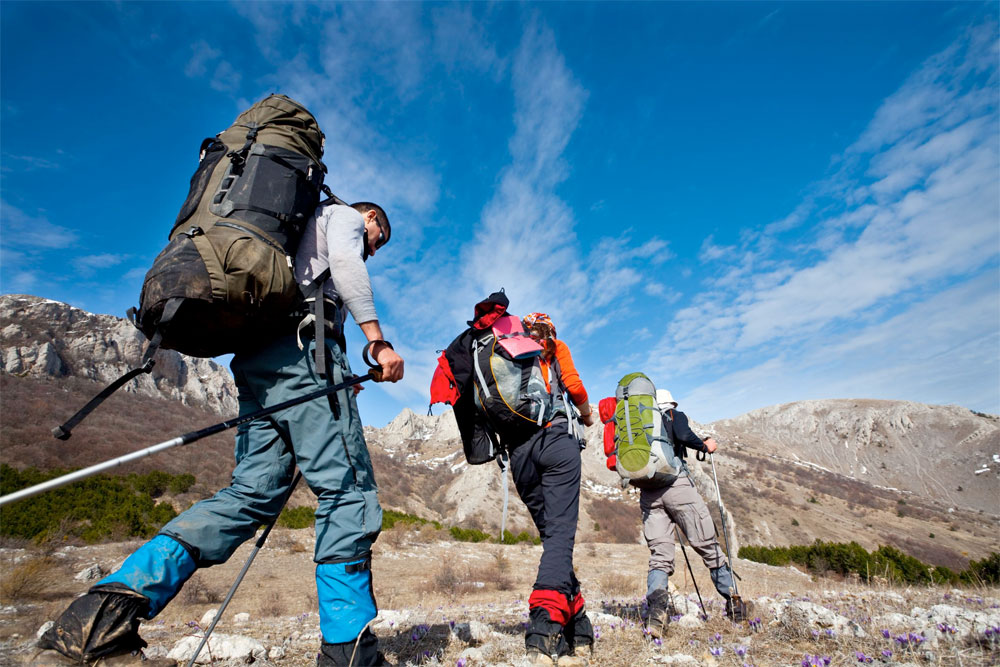
1. Trekking Poles
While once considered a purely optional add-on reserved for octogenarians and slightly infirm trekkers, trekking poles now have medical and scientific research on their side, with these having shown that poles reduce stress on leg muscles and joints and help to improve lung capacity by bettering the user’s posture. Over a few hundred (or thousand) miles of walking, their benefit can be huge. In addition to the health benefits, trekking poles can be used in a number of useful ways – as a substitute for tent poles in a basic ridge tent, suspension poles for a tarp, a drying line for clothes, survival or emergency preparedness scenarios such as an improv stretcher in the case of an accident (feed the poles through your emergency shelter bag) or, when shortened, as makeshift snow-axes if late or residual snow has covered any of the high passes on your route.
2. Mini Water Filter
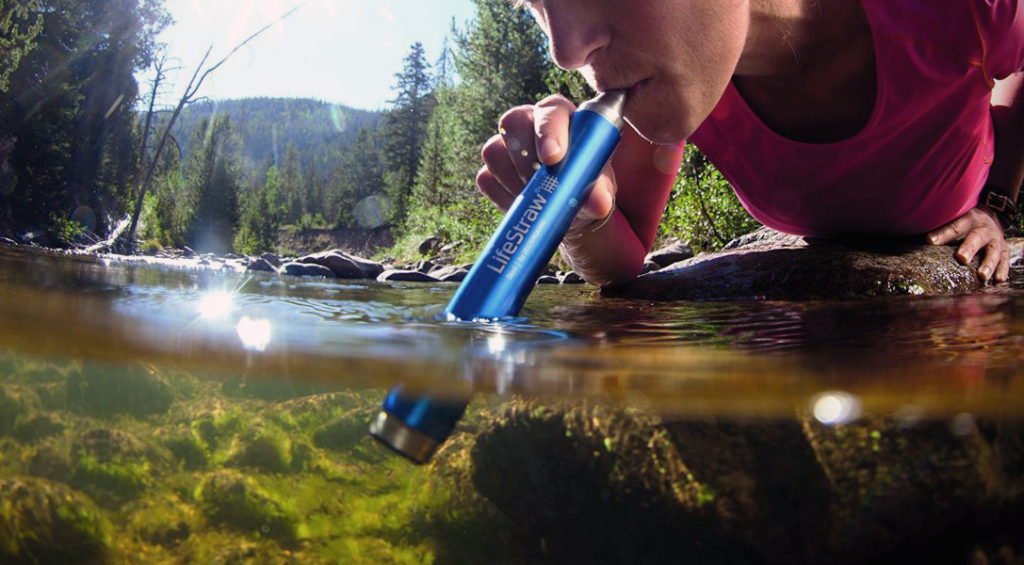
Water filters such as the Sawyer Mini or the infamous Lifestraw are both reliable and can be used as a straw to drink directly from the source or to store water in a bladder and effectively remove 99.9% of water-borne protozoa. For those who want the reassurance of an emergency, back-up supply, a second bladder can be carried and filled and attached to the filter when the original bladder is empty.
3. Bear Spray
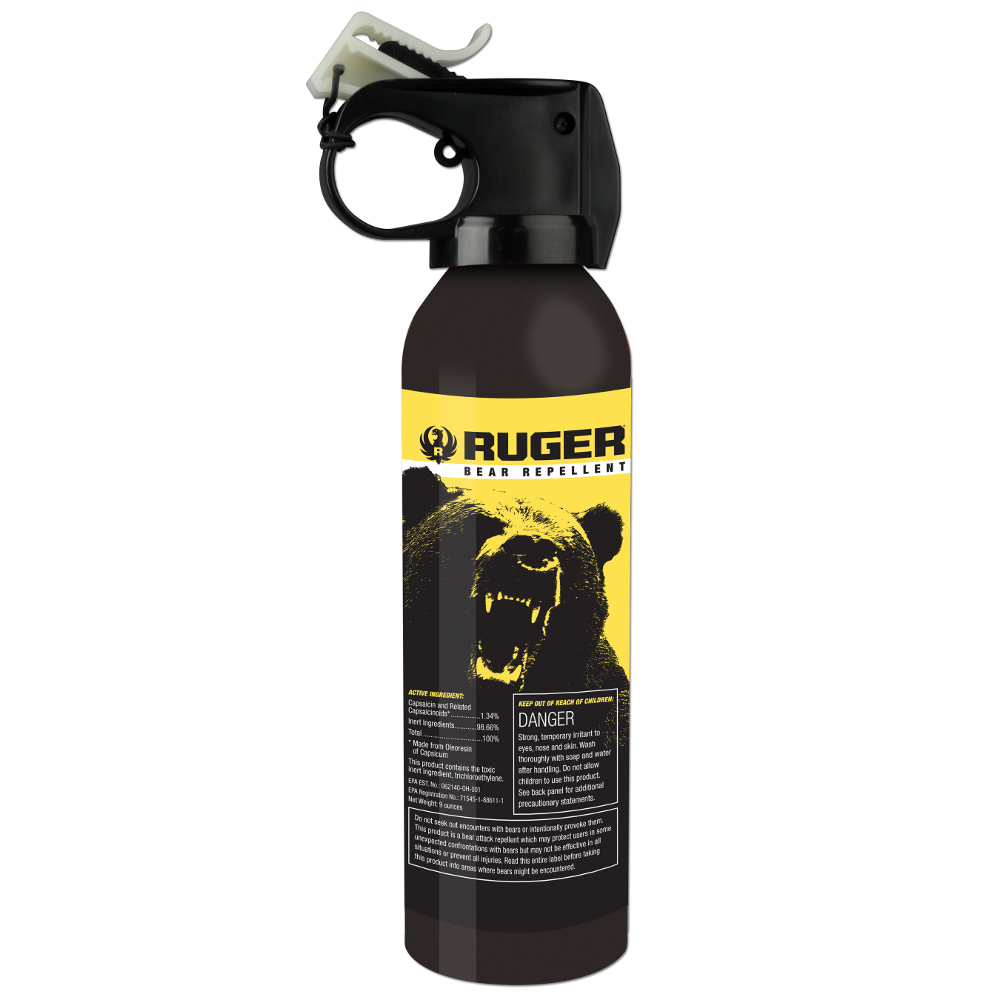
Very few things could turn a thru-hike sour or scary like an encounter with a bear. This inclusion in our list obviously depends on where you plan on heading but on the Appalachian Trail, Pacific Crest Trail and Great Western Loop, for example, the big boys are sure to never be too far away. While a bear-sighting is a beautiful experience, we never know exactly how a bear might react to our presence in its natural habitat, particularly if it has young nearby. Carrying a can of bear repellent can provide extra peace of mind and might just be a life-saver.
4. Spare Laces
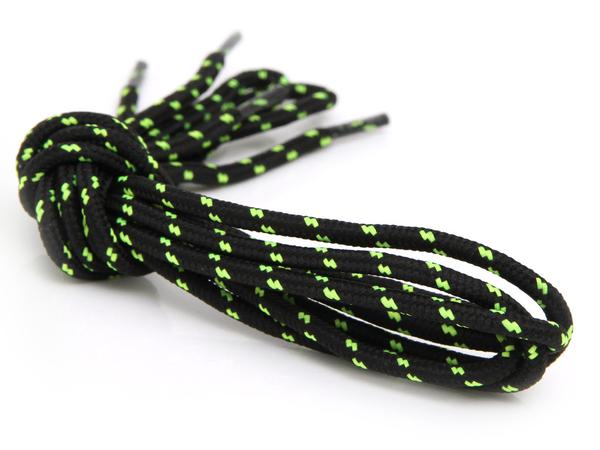
At around 50g per pair, this entry is really a no-brainer. Not only can they spare the trekker the frustration of hiking with a loose boot or trying to fix frayed or broken laces, but be put to a variety of other uses too, such as fixing guy lines on your tent, hanging clothes to dry or replacing broken straps, belts and ties on your tent or backpack.
5. Pee Bottle(s)
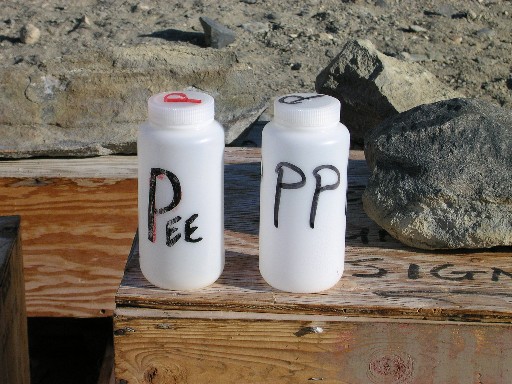
It’s a pain – doubly so if it happens to be raining or temperatures are on the chilly side. Having a pee-bottle can save you all this trouble. The ideal pee-bottle is a plastic hydration bladder/sack with minimal weight, a wide mouth and secure cap. For the hygiene-conscious, these are easy to rinse out in the morning and rarely prone to spillage – just don’t get this bladder mixed up with your drinking one!
6. Silk Liner
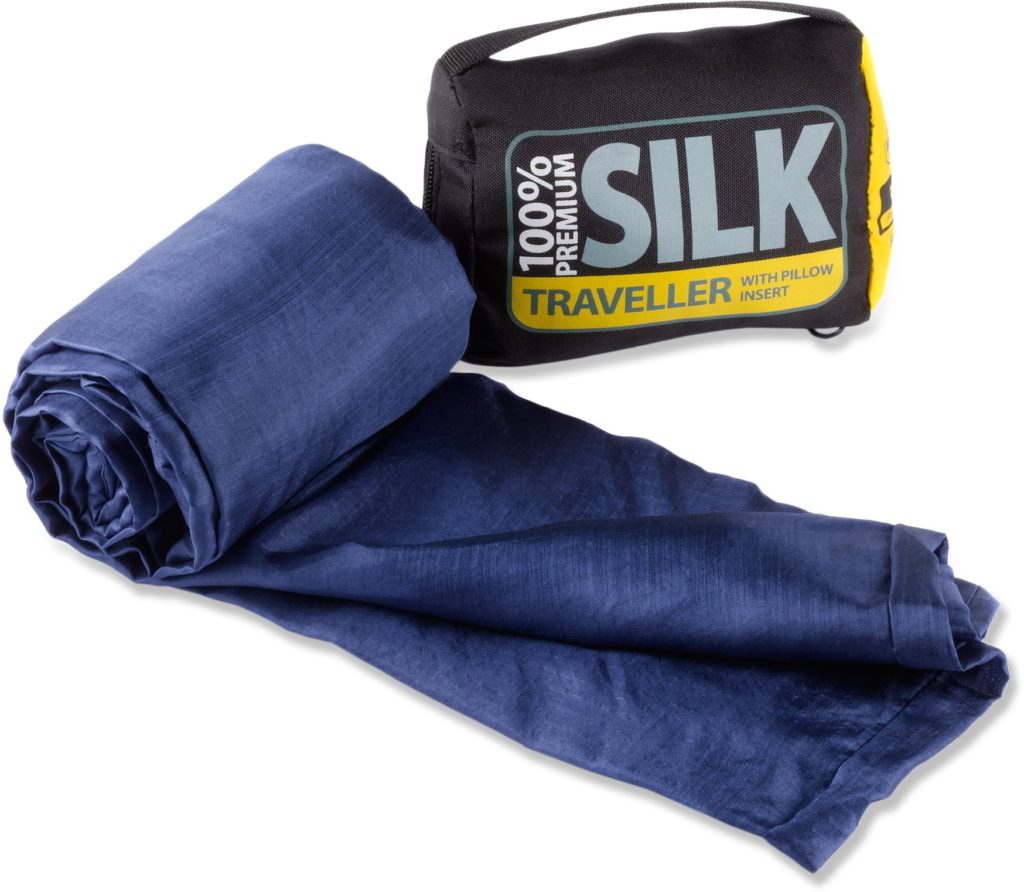
7. A Good Book
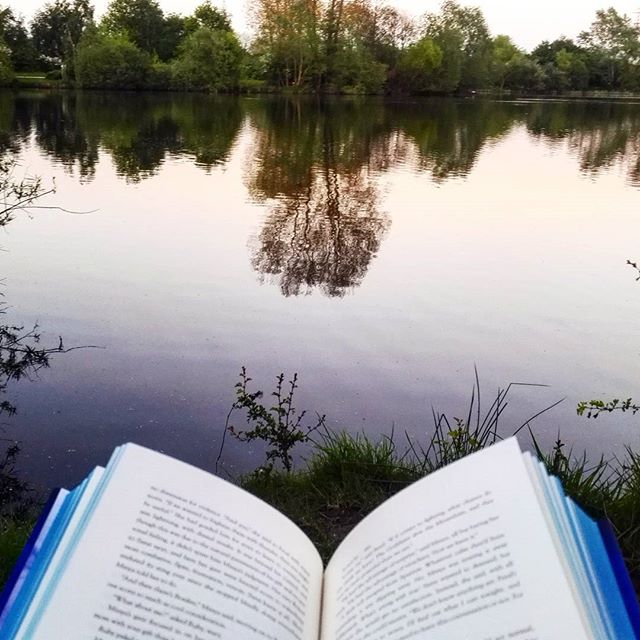
Photo Credit: @emmaschapter on Instagram
When hiking over a period of many days, weeks, or even months, the chances are you’re going to encounter some foul weather at some point. While the down-time might be used in a variety of ways, during a long stretch of inactivity you might run the risk of ‘cabin fever’ without some form of entertainment. To keep you in the mood, we’d recommend ‘A Walk in the Woods’ by Bill Bryson, ‘The Snow Leopard’ by Peter Matthiessen, ‘A Philosophy of Walking’ by Frederic Gros and, of course, ‘Walden’, by Mr. Thoreau. If you’re concerned about the weight and bulk, many publishers offer tiny, lightweight pocket-boots which, as the name suggests, won’t add to your load unreasonably.
8. Dehydration Solution

Dehydration powders can come in sachets as small as 5g and carrying only a handful of these could prove to be the difference between some very lethargic and drained (or worse) walking days and maintaining your usual energy and performance levels, not to mention a trip to the hospital should things get really bad.
As much as we pride ourselves on reducing the weight of our loads, certain overlooked items are well worth the extra burden for what they offer in return. We hope the list above has brought some of these items to your attention and will be useful while planning your next thru-hiking adventure!

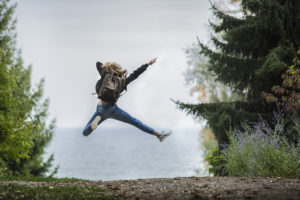
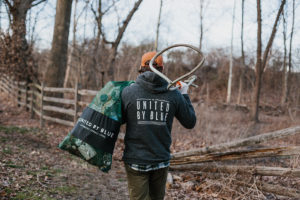

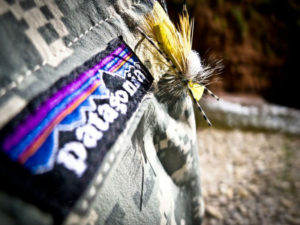
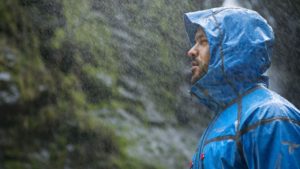


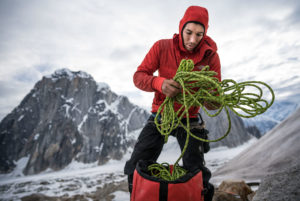
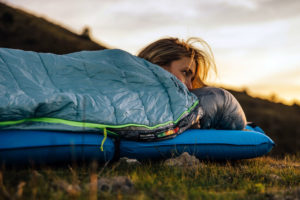
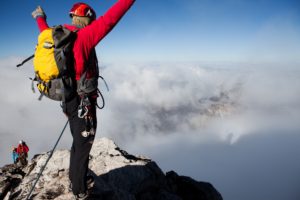
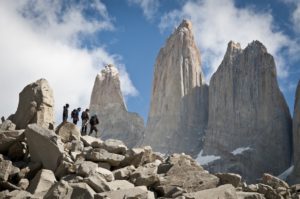


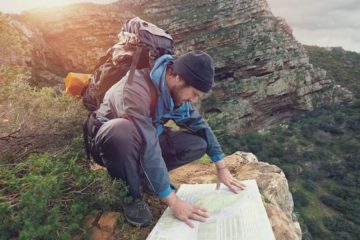

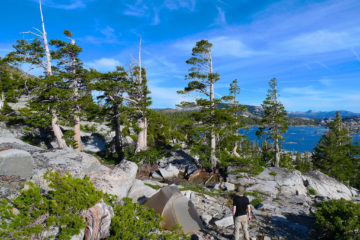
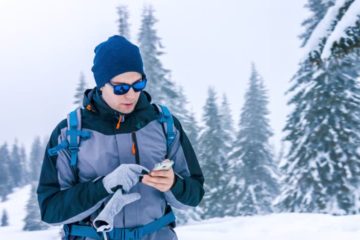
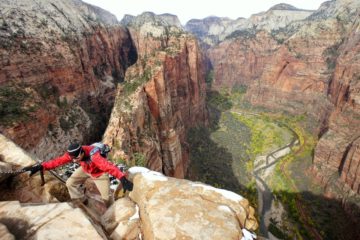
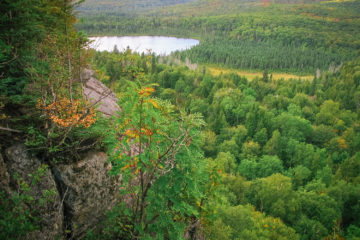

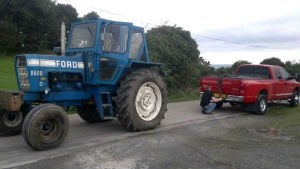

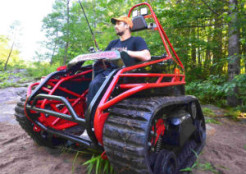
No Comment